Covid accelerates India's millionaire exodus
- Published
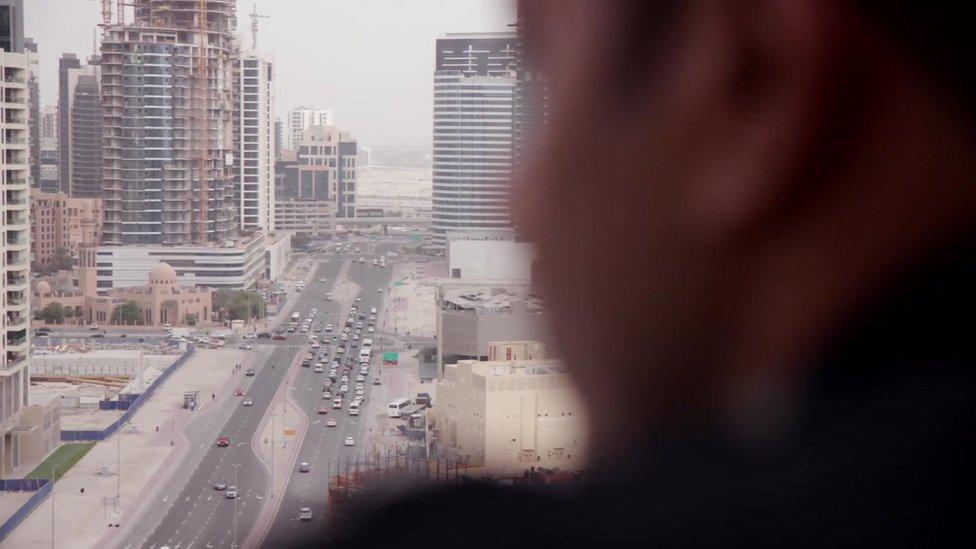
Rahul left everything and moved to Dubai to look after his company due to harassment by tax officials
India's wealthy have topped a list of people seeking to relocate abroad through visa programmes that offer citizenship or right of residence in other countries in return for investments.
There was very little Rahul (name changed) didn't have going for him, when he made the tough call to leave India six years ago. He is the second generation scion of a well-heeled Delhi-based family. They have a flourishing exports business with a monopoly in what's typically called a 'sunrise sector'- an industry that has great future prospects.
But he left it all behind and moved to Dubai in 2015, to look after the company's overseas expansion. He also got a citizenship by investment in one of the Caribbean nations. Harassment by tax authorities in India's Enforcement Directorate was a key reason, he says.
"I could see it becoming a problem for someone who had businesses spread across the world," he told the BBC. "With a foreign passport, the red-tape has reduced substantially. I am less worried about being slapped with a random tax demand."
'Tax terror', external has been a routine gripe among Indian corporate tycoons. When the founder and owner of India's largest coffee chain, Cafe Coffee Day died in 2019, he accused a former director general of the income tax department of harassing him. But the government has continued to tighten its noose around business owners in recent years.
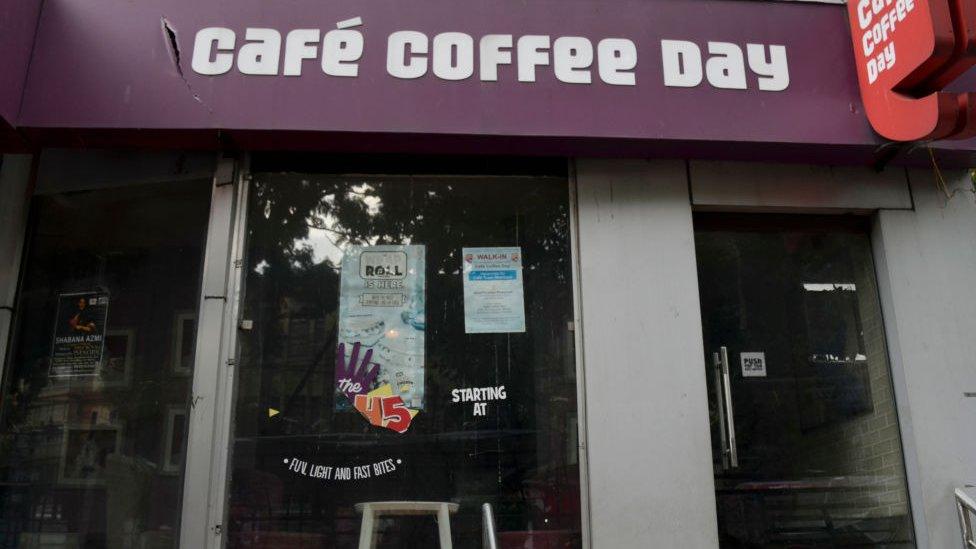
The Cafe Coffee Day chain owner accused a senior tax official of harassment when he died in 2019
According to one report, tax searches by India's income tax department have more than trebled in the last few years.
The government has argued this is being done to eradicate "black money - illegal cash, hidden from the tax authorities - and improve tax compliance. But critics say the overreach is also often on account of pressure on bureaucrats to meet revenue targets.
But hounding by the taxman was just one reason for his move, says Rahul. His decision was also prompted by a growing trend of "divide and rule politics" in India, he told us. He didn't want his kids to grow up in India's increasingly polarised environment.
Many others in his circle of wealthy friends were also renouncing their citizenship or resident status, he added.
These claims are borne out by figures from the wall-street investment bank Morgan Stanley. A 2018 bank report found that 23,000 Indian millionaires had left the country since 2014.
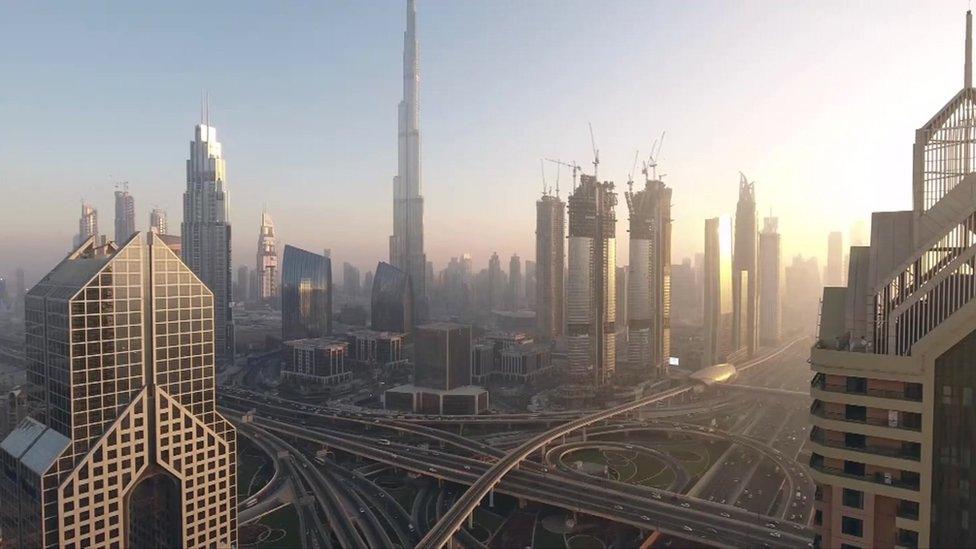
A report says 23,000 Indian millionaires have left the country since 2014
More recently, a Global Wealth Migration Review report, external revealed that nearly 5,000 millionaires, or 2% of the total number of high net-worth individuals in India left the country in 2020 alone. And Indians topped a list compiled by the London-headquartered global citizenship and residence advisory Henley & Partners (H&P), of those seeking citizenship or residency in other countries in return for monetary investments.
Covid-19 has been a big driver of what was an ongoing trend of wealthy Indians seeking to "globalise their lives and assets" according to H&P. So much so that the firm set up its office in India in the middle of the lockdown last year to cater to growing demand.
"I think they [clients] are realising they don't want to wait for the second or third wave of the pandemic. They want to have their papers now that they are sitting at home. We refer to this as the insurance policy or Plan B," Dominic Volek, Group Head of Private at Henley & Partners told the BBC on a video call from Dubai.
According to Mr Volek, the pandemic could be a game changer, because it is making the wealthy think about migration in a more holistic fashion. It is no longer just about visa-free travel, or ease of access to global markets, but about wealth diversification, better healthcare and education, to protect against the uncertainties brought about by the pandemic.
Countries like Portugal, which runs a 'golden visa', external programme as well as countries like Malta and Cyprus are preferred destinations for India's well heeled, according to H&P.
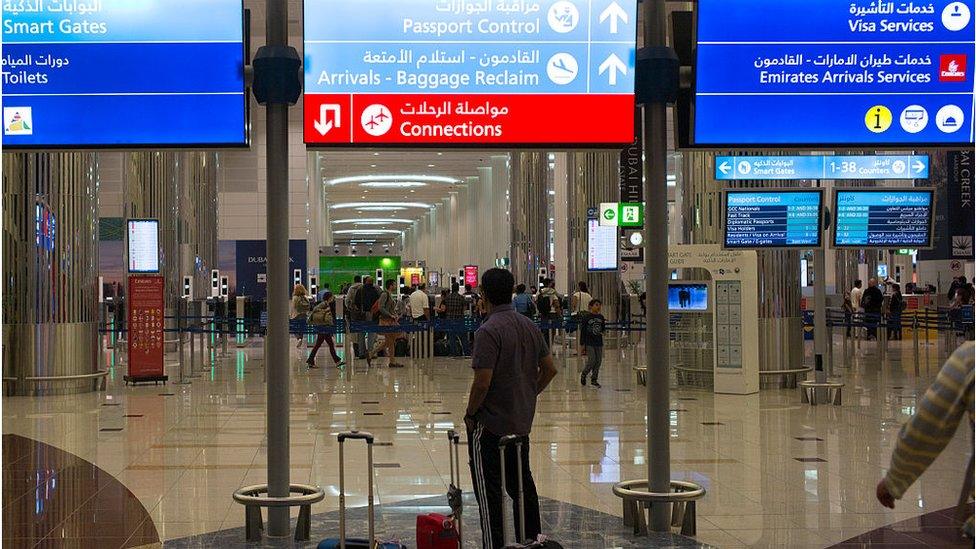
A recent report says that nearly 5,000 millionaires in India left the country in 2020 alone
This exodus of big money is not necessarily permanent in nature - people merely invest money in another country as a fall-back option rather than take out all their money from their home country and cut business ties. But it doesn't bode well for a developing nation like India, say experts.
"When this happens, they remove themselves, their entrepreneurial ability and their income and wealth from the tax base. This is likely to be detrimental in the long run. Their exit sends a poor signal about the 'doing business climate' in India," says Rupa Subramanya, Distinguished Fellow at the Asia Pacific Foundation of Canada.
Andrew Amoils, Head of Research at New World Wealth, a Johannesburg-based wealth intelligence group, told the Business Standard newspaper: "It can be a sign of bad things to come as high-net-worth individuals are often the first people to leave - they have the means to leave unlike middle-class citizens."

You might be interested in
Kiran Mazumdar Shaw's top tips to succeed
Related topics
- Published2 April 2019
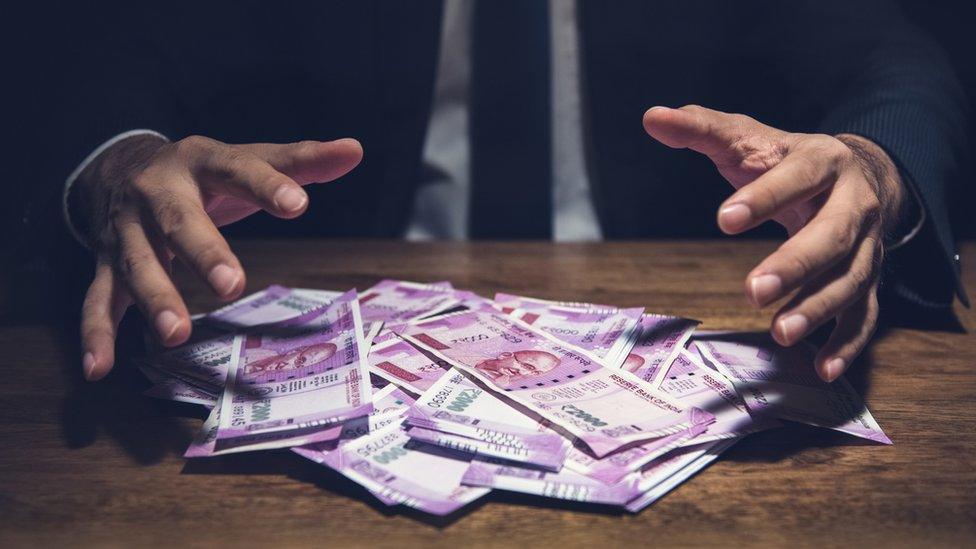
- Published25 May 2012

- Published12 September 2017